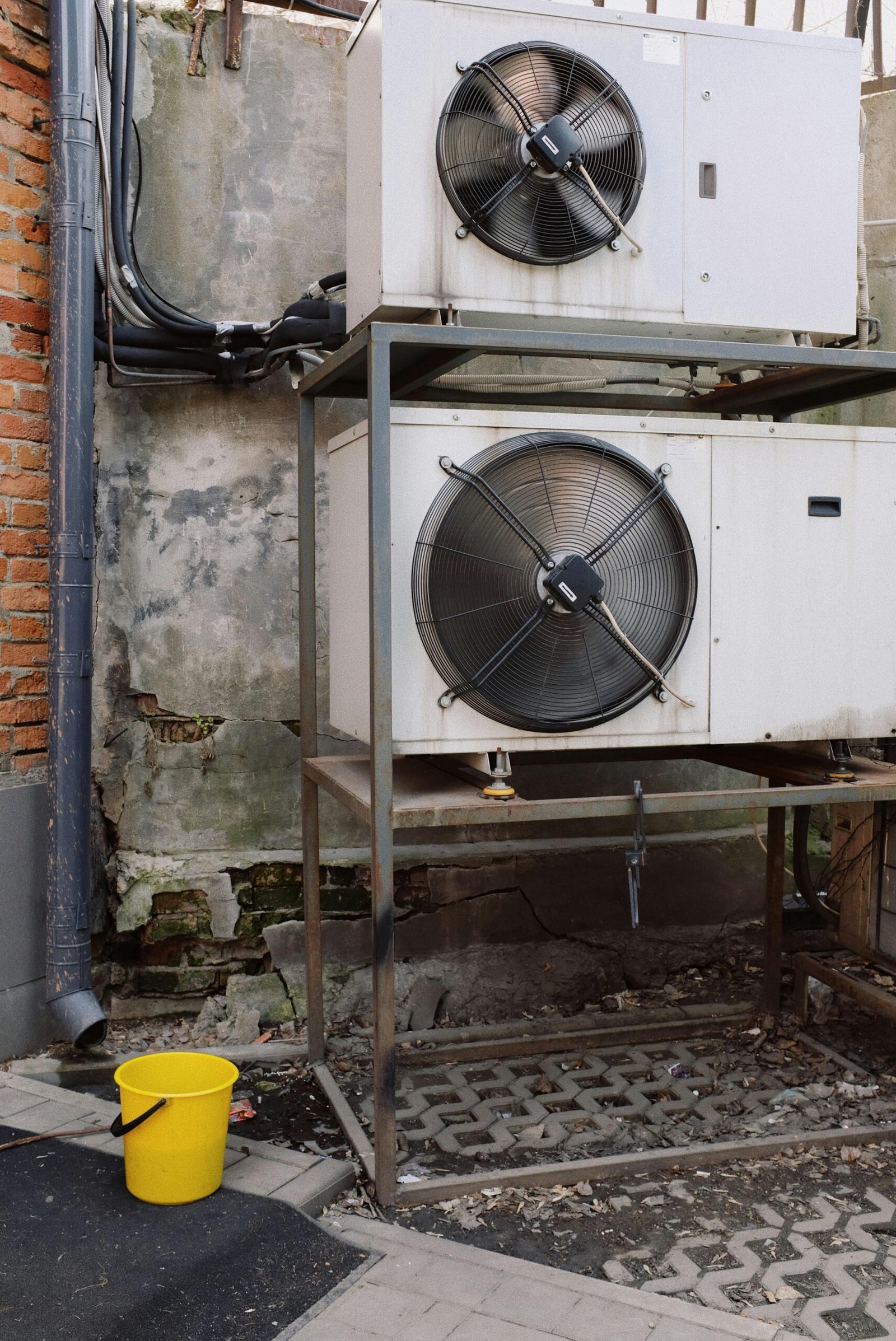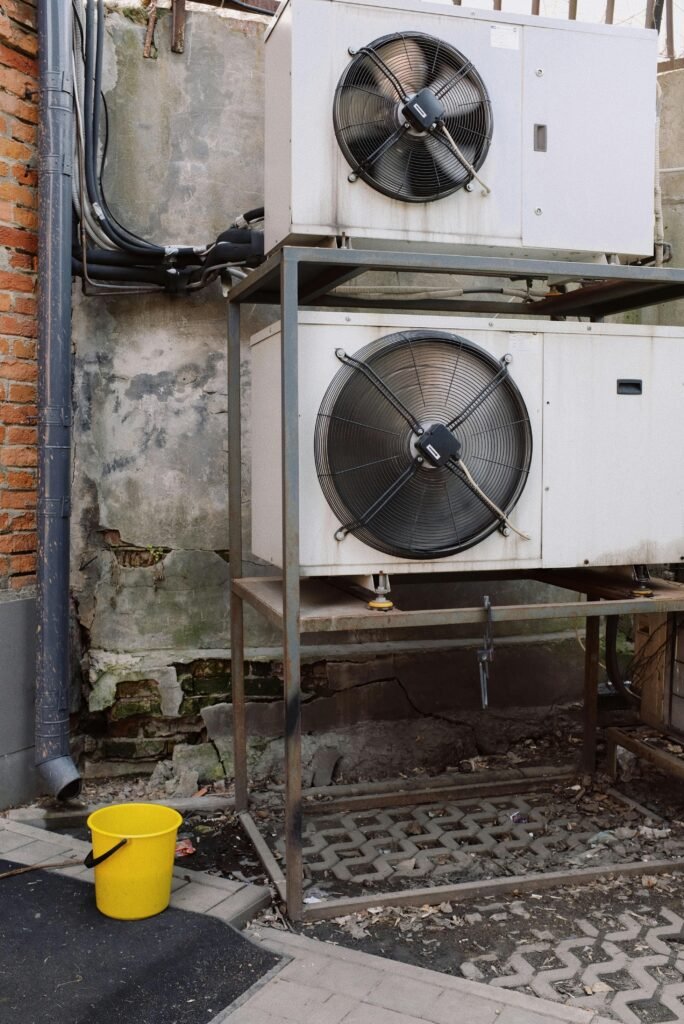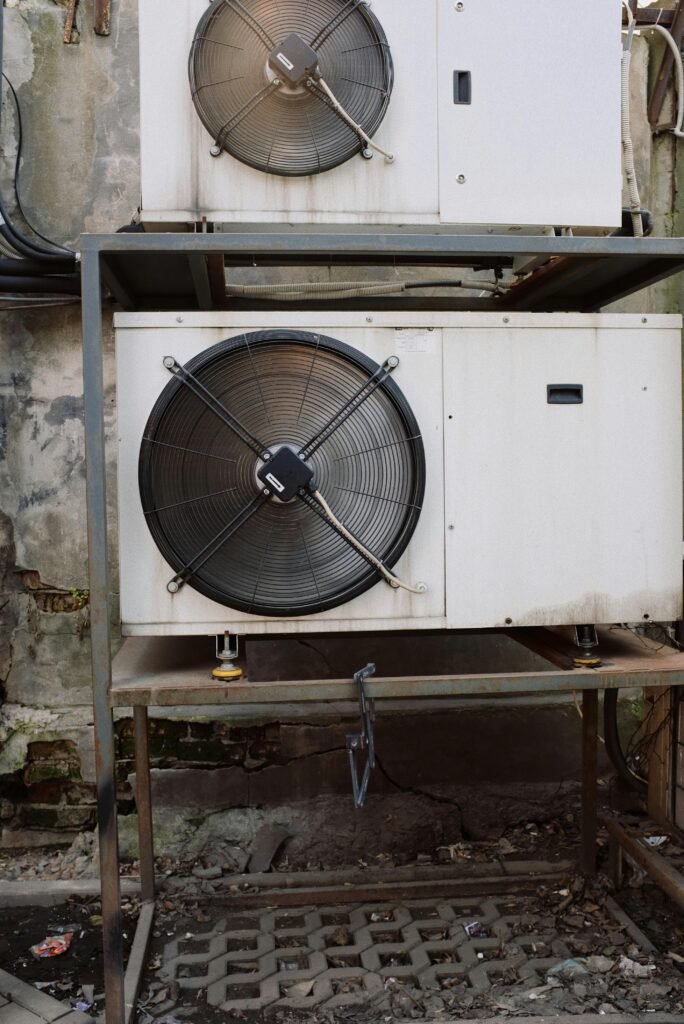
Steering clear from the right path in maintaining your Cascadia’s A/C system can lead to a rough ride, especially if you pick the wrong type of refrigerant. Just imagine, your trusty climate control turns from friend to foe, causing more than a bit of discomfort. The ripple effects are truly something to ponder: beyond the immediate drop in cooling efficiency, you could be looking at long-term damage to the compressor, potential leaks, and a slew of system failures that hit your wallet like unexpected road tolls. Stay informed about the critical importance of matching your Cascadia’s air conditioning with the correct refrigerant to ensure a smooth and cool journey ahead.
Overview of Refrigerant Types
When it comes to maintaining the air conditioning (A/C) system in your Cascadia truck, understanding the variety of refrigerant types is crucial.
Characteristics of common refrigerants
Common refrigerants include chlorofluorocarbons (CFCs), hydrochlorofluorocarbons (HCFCs), hydrofluorocarbons (HFCs), and more recently, hydrofluoroolefins (HFOs). Each of these has distinct properties like boiling points, pressure, and environmental impact, which dictate their use in specific systems.
Approved refrigerants for Cascadia models
For Cascadia models, manufacturers have approved specific refrigerants that are designed to work optimally with the A/C system in your vehicle. It’s essential to follow the manufacturer’s guidelines to ensure that your air conditioning operates efficiently and safely.
Risks associated with incompatible refrigerants
Using the wrong type of refrigerant can lead to several risks, such as damage to the A/C system components, reduced efficiency, and even safety hazards. It is always recommended to consult the vehicle’s manual or a certified technician before making any changes to the refrigerant in your A/C system.
Chemical Properties and Reactions
Understanding the chemical makeup and potential reactions is vital in maintaining your truck’s A/C system.
Chemical composition of refrigerants
Refrigerants are composed of various chemicals that can react with the materials in an A/C system. Knowing the chemical composition helps predict how the refrigerant will behave under different temperatures and pressures.
Reactions of improper refrigerants with A/C system materials
Using an incompatible refrigerant can cause chemical reactions with the A/C system’s materials, leading to corrosion, degradation, and ultimately failure of the system components.
Compatibility concerns with oils and seals
Refrigerants must be compatible with the oils and seals used in the A/C system. Incompatibilities can cause these components to break down, resulting in leaks and system malfunctions.

Impact on System Performance
The refrigerant in your A/C system can significantly impact performance.
Efficiency loss from incorrect refrigerant
An incorrect refrigerant can lead to a loss of efficiency in your A/C system. This means your system may have to work harder and longer to cool the cabin, which increases fuel consumption and wear and tear on the system.
Variations in cooling capacity
The cooling capacity of your A/C system could vary if the wrong type of refrigerant is used. This leads to an uncomfortable cabin and potential strain on the system.
Potential overheating due to mismatched refrigerant
A mismatched refrigerant could cause the A/C system to overheat. Overheating might cause other critical truck components to fail, leading to costly repairs and unexpected downtime.
Risks to Compressor Functionality
The compressor is the heart of your A/C system, and using the wrong refrigerant can jeopardize its functionality.
Compressor failure modes
There are several ways in which a compressor can fail due to the wrong refrigerant, such as mechanical breakdowns or chemical deterioration from incompatible substances.
Lubrication issues with incompatible refrigerants
Some refrigerants may not carry or mix well with the compressor oil, leading to poor lubrication, increased friction, and eventual compressor failure.
Pressure inconsistencies and compressor damage
Incompatible refrigerants can cause pressure inconsistencies within the A/C system, potentially leading to compressor damage due to overworking or cycling on and off too frequently.

Safety and Health Implications
Safety should never be compromised, and the use of incorrect refrigerants can pose risks to your health and safety.
Toxicity risks from unintended chemical reactions
Some refrigerants can break down into toxic compounds if they react with moisture or other chemicals. These toxic compounds could be harmful if inhaled or come into contact with skin.
Flammability concerns with incorrect refrigerants
Certain refrigerants are flammable and, if used improperly, could increase the risk of a fire in your truck, especially during accidents or system malfunctions.
Exposure to harmful refrigerant compounds
Service technicians and anyone exposed to incorrect refrigerant compounds may face health risks, emphasizing the need for proper personal protective equipment and handling procedures.
Environmental Considerations
Using the proper refrigerants in your A/C system also plays a significant role in environmental protection.
Environmental impact of refrigerant leaks
Refrigerant leaks can harm the environment, contributing to greenhouse gas emissions and possibly affecting local wildlife.
Global warming potential (GWP) of unauthorized refrigerants
Some refrigerants have a high GWP, contributing to climate change. Using approved refrigerants with lower GWP can minimize your truck’s environmental footprint.
Ozone depletion substances in A/C systems
CFCs and HCFCs are known to deplete the ozone layer. As such, these substances have been phased out and should not be used in modern A/C systems.
Legal and Regulatory Consequences
Ignoring the proper use of refrigerants can lead to legal and regulatory issues.
Non-compliance with environmental regulations
Failure to comply with environmental regulations can result in fines and legal action. Always ensure that the refrigerants used in your Cascadia truck meet the legal standards.
Penalties for using banned refrigerants
Using banned or unauthorized refrigerants may lead to severe penalties, including heavy fines or sanctions that can impact your business operations.
Regulatory standards for refrigerant usage in commercial vehicles
Regulatory standards are in place to ensure the safe and environmentally friendly operation of commercial vehicles. Adhering to these standards is essential for legal compliance and to protect the public and the environment.
Financial and Economic Impact
The financial repercussions of using the wrong refrigerant can be substantial.
Cost of repairing damage caused by wrong refrigerant
If the incorrect refrigerant damages your A/C system, the cost of repairs or replacement could be significant. These costs encompass parts, labor, and potentially lost revenue from vehicle downtime.
Impact on warranty and insurance claims
Using an unauthorized refrigerant could void your vehicle’s warranty or insurance coverage, leaving you responsible for all associated costs in the event of damage or failure.
Resale value implications for Cascadia trucks
Improper maintenance of the A/C system, including the use of the wrong refrigerant, can affect the resale value of your Cascadia truck. Buyers and inspectors look for trucks that have been maintained according to manufacturer standards.
Diagnostic and Repair Challenges
Inaccurate refrigerant choice can complicate diagnostics and repairs.
Identifying refrigerant-related issues
Specialized knowledge and equipment are often required to identify problems associated with the use of incorrect refrigerants, adding to the complexity of diagnostics.
Complexity in repairing systems with incorrect refrigerant
Repairing an A/C system that has been contaminated with an incorrect refrigerant may involve additional steps such as flushing the system, replacing several components, and meticulous testing to ensure the issue is resolved.
Increased maintenance costs and downtime
The added complexity in repairing refrigerant-related issues directly translates into increased maintenance costs and longer downtimes, which can impact your business operations.
Industry Effects and Reputation
The wrong refrigerant can have far-reaching implications on Cascadia’s brand and the trucking industry as a whole.
Trust in Cascadia brand and implications of system failures
Frequent system failures due to incorrect refrigerant use can hurt Cascadia’s reputation for reliability and customer trust.
Impact on the trucking industry’s view on maintenance standards
Maintaining high maintenance standards is critical. Using the wrong refrigerants sends a message that these standards are not being upheld, which can negatively impact the industry’s reputation.
Ensuring integrity in the supply chain for refrigerants
It’s important for the trucking industry to ensure a supply chain that promotes the use of correct and environmentally responsible refrigerants. Doing so protects the integrity of the industry and contributes to global efforts to mitigate climate change.
In conclusion, using the right type of refrigerant in your Cascadia’s A/C system is essential for the performance and longevity of the system, for your safety and health, for environmental preservation, and for avoiding legal and financial repercussions. Always adhere to manufacturer guidelines and seek help from professionals if you’re uncertain about your A/C system maintenance.